Embracing Life and Death Through Consciousness: A Christian and Scientific Perspective
Death is a topic that has caused deep philosophical reflection and debate for centuries. For many, the concept of death propels us into a desire to understand reality at a more profound level. In this quest, both science and religion offer their perspectives—but often diverge drastically in explaining what happens after death. From a scientific point of view, death marks the end, a finality where consciousness ceases, and in many religious doctrines, death is seen as the beginning of a new journey, whether that’s reincarnation, an afterlife, or some form of spiritual evolution.
However, as a Christian who has also had a long-standing relationship with the ways of the empirical world, I find myself reflecting deeply on these themes, particularly through the lens of Consciousness. Consciousness, after all, appears to hold the key to this dialogue between science and faith, between the life we live and the death we fear. It speaks to our existence beyond the immediacy of organic decline, raising questions about our identity and the universe at large.
The Role of Consciousness in Death and Creativity
From both biological and spiritual standpoints, life is a never-ending cycle of death and renewal—a dance between creation and decay. We see this in our very biology. From a scientific lens, consider the concept of apoptosis, or programmed cellular death, which allows the body to regularly regenerate itself. Our skin cells, for instance, die every month to make way for fresh ones, our stomach cells every five days, and even blood cells are recycled regularly. Science clearly shows that death is an inherent part of life’s creative process.
| Cell Type | Life Span |
|---|---|
| Skin Cells | ~1 Month |
| Stomach Cells | ~5 Days |
| Blood Cells | ~120 Days |
But what of the spiritual perspective? In Christianity, death is similarly seen as a transition, though one more linked to eternal significance. Much like programmed cell death, our physical forms are meant to die, but there is life beyond the material. The Bible tells us, “For we know that if the earthly tent we live in is destroyed, we have a building from God, an eternal house in heaven” (2 Corinthians 5:1). This scripture echoes what apoptosis teaches us—death, far from being the end, is an essential element of renewal and deeper life, a transition designed by God to make way for something new.
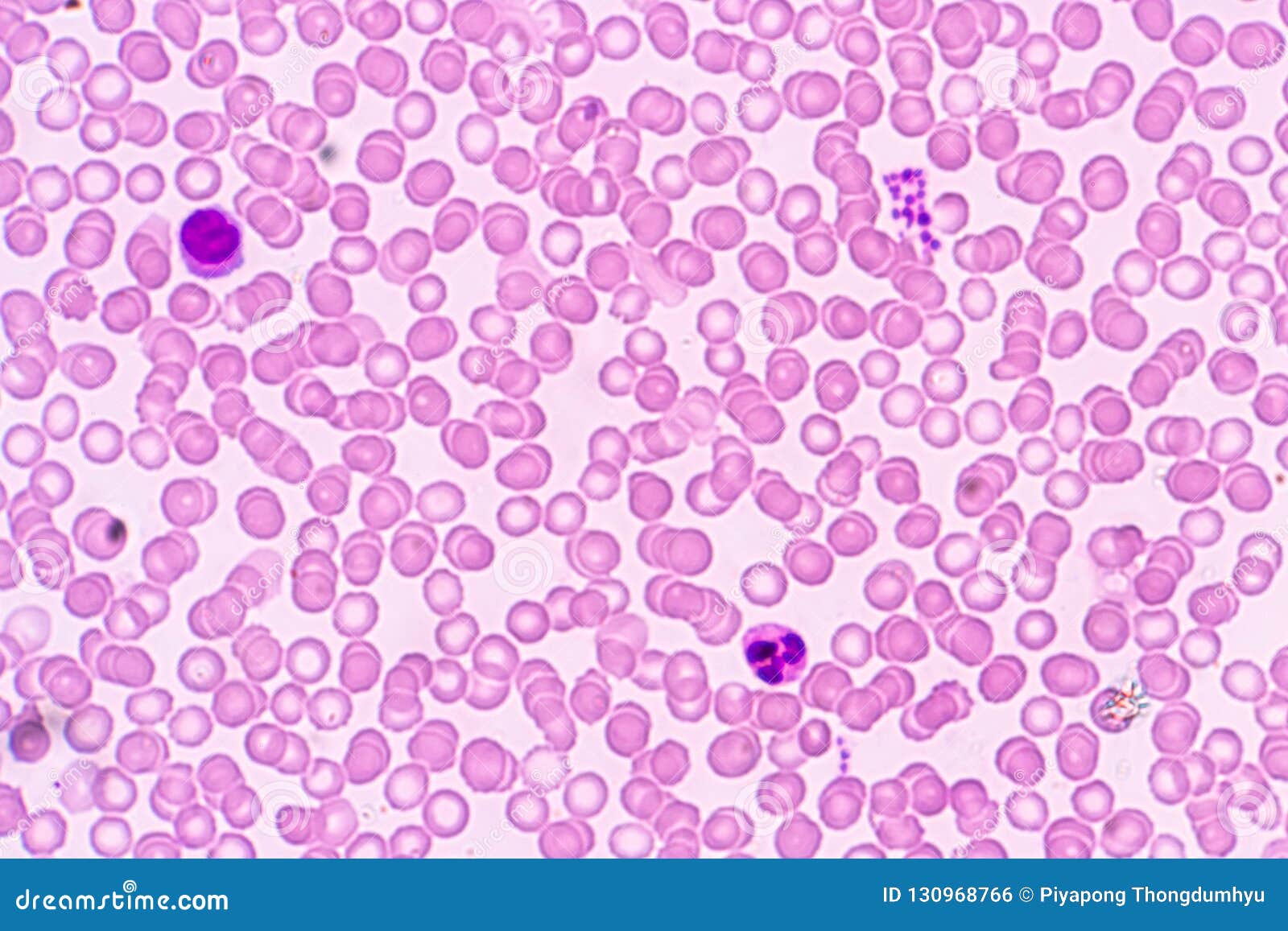
Remembering, Forgetting, and the Continuity of Consciousness
One of the questions that often trouble us when considering death is the apparent finality of personal identity. We tend to think of ourselves as individuals who rely heavily on our memories and awareness. Yet, as science points out, just because you don’t remember every detail of your life doesn’t mean it didn’t happen. For example, you likely don’t remember what you ate for lunch three weeks ago, but does that mean you didn’t have lunch that day? Likely not. Similarly, you may not remember past experiences, or cycles of existence, but these moments form the layers of who you are.
From a faith-based perspective, memory plays a crucial part in how we understand resurrection and eternal life. The patterns of God’s sovereignty and His deep care for creation help us understand that all is being renewed through Him—even if we do not recall the specific details of how. In Hebrews 9:27 it says, “Just as people are destined to die once, and after that to face judgment”, hinting that our continuity as spiritual beings doesn’t rely on our memories being perfect but on God’s regenerative love.
Recycling Consciousness: A Concept from Science and Faith
Interestingly, both scientific understanding and Christian theology affirm the idea that everything in the universe is continuously recycled. Our bodies are made up of materials that have been used and reused throughout the universe. Carbon, hydrogen, nitrogen, and oxygen—the building blocks that make up our cells—are shared with all forms of life and even the stars. Essentially, our atoms have existed for billions of years, cycling through various forms of life and matter.
In the same way, I’ve come to appreciate how Consciousness itself may be part of this cycle. While neuroscience might limit consciousness to brain functions, suggesting that when the brain dies, so too does consciousness, many religious perspectives propose that consciousness is beyond physical matter. In Christian thought, the concept of the soul provides a kind of spiritual continuity that mirrors scientific recycling at a physical level. As stated in Ecclesiastes 12:7, “and the dust returns to the ground it came from, and the spirit returns to God who gave it.”
Thus, death becomes not a final blackout, but a transition—a continuation of life in a form beyond our current understanding. Science and religion, far from being mutually exclusive, both seem to offer profound insights into this truth. Through the resurrection, we can hold on to the hope of eternal life, rooted in the promise of Jesus: “I am the resurrection and the life. The one who believes in me will live, even though they die.” (John 11:25).
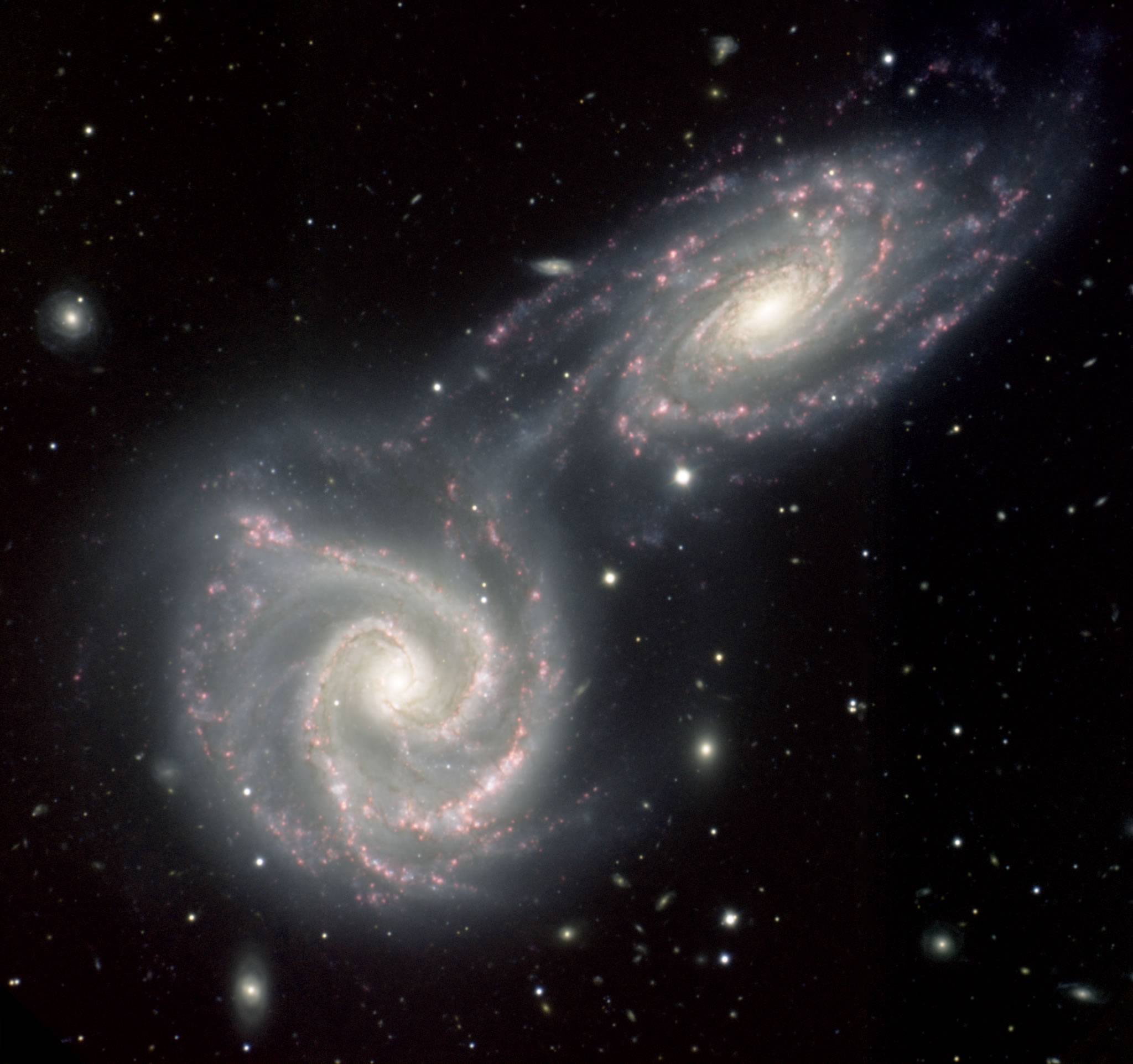
Expanding Our Sense of Self and Creation
One of the more challenging aspects of discussing death and life after death is the fear of losing our unique sense of self. We worry about dissolving into some “cosmic soup” of consciousness and losing what makes us, well, us. But if we think about ourselves as actors in an ongoing narrative—multiple characters within the same story—there is nothing to “lose.” Our roles shift as our understanding deepens, continually shaped by our experiences on Earth and beyond.
From a theological perspective, we aren’t called to give up our identities but to expand them. Paul writes in Galatians 2:20, “I have been crucified with Christ and I no longer live, but Christ lives in me.” He suggests that our identity is not annihilated but rather transformed by Christ’s presence within us. Just as we play different roles in life—from a friend, parent, or professional—our true identity remains in God, and through this relationship, we gain eternal significance.

The Intersection of Faith, Science, and Eternal Life
In previous articles, I’ve explored the relationship between science and faith, particularly how the principle of “good explanation” serves as an important bridge between the two. Both are concerned with uncovering the truth—one through empirical evidence, the other through divine revelation. This harmony between scientific inquiry and spiritual reflection gives us a uniquely holistic approach to life and death.
As I continue to reflect on the intersection of Consciousness, science, and Christian beliefs, I’m increasingly convinced that the fear of death stems largely from a misunderstanding of our true nature. We are not simply individuals confined to bodies that degrade over time. Rather, our existence is interwoven with a greater cosmic reality—a reality where Christ bridges the gaps between life, death, and resurrection.
In closing, let us remember the words of the Apostle Paul: “For to me, to live is Christ and to die is gain” (Philippians 1:21). Death isn’t the end. In both the biological and spiritual sense, it is part of a transformative process, a journey where, yes, our current form may fade, but the consciousness that is grounded in Christ endures forever.
Focus Keyphrase: Consciousness after death
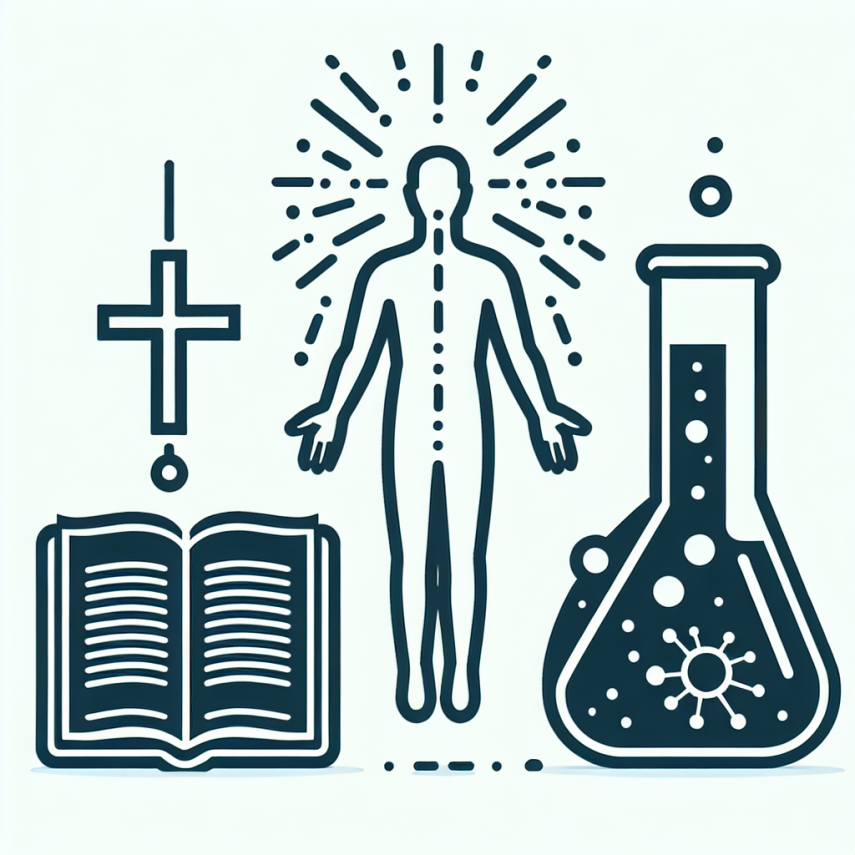
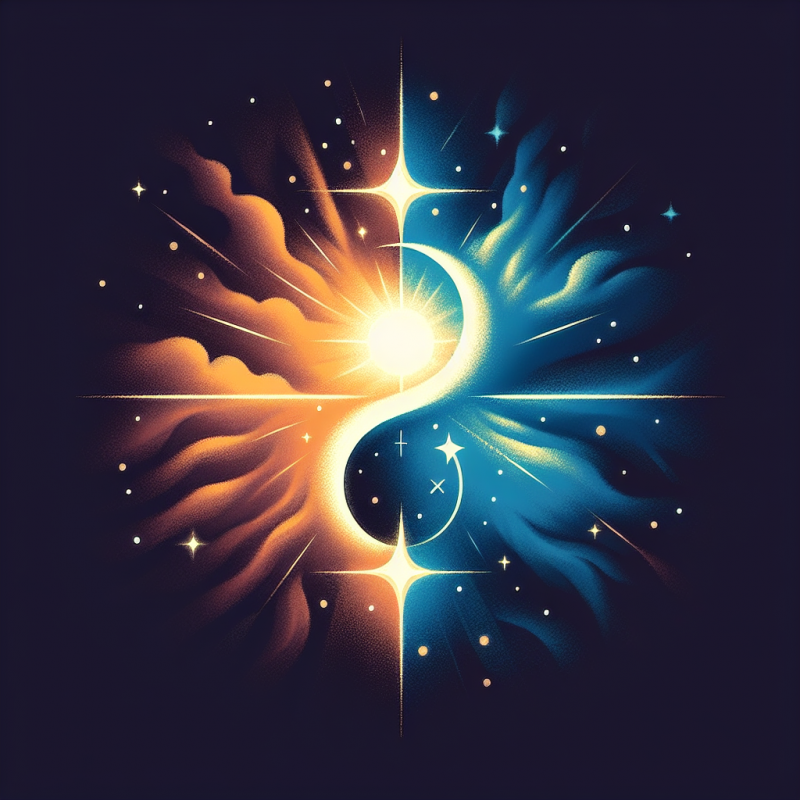
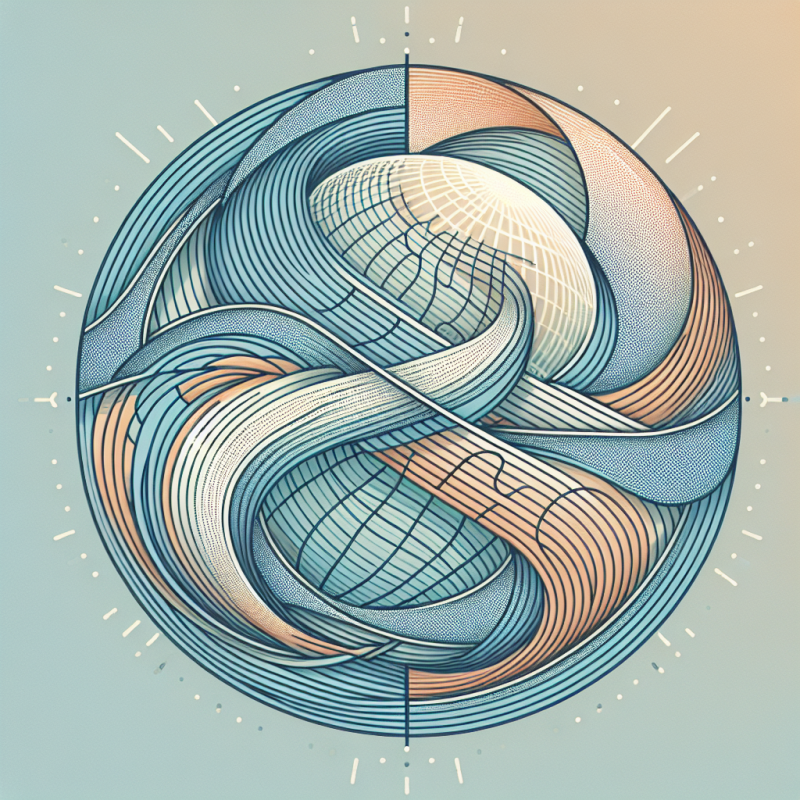
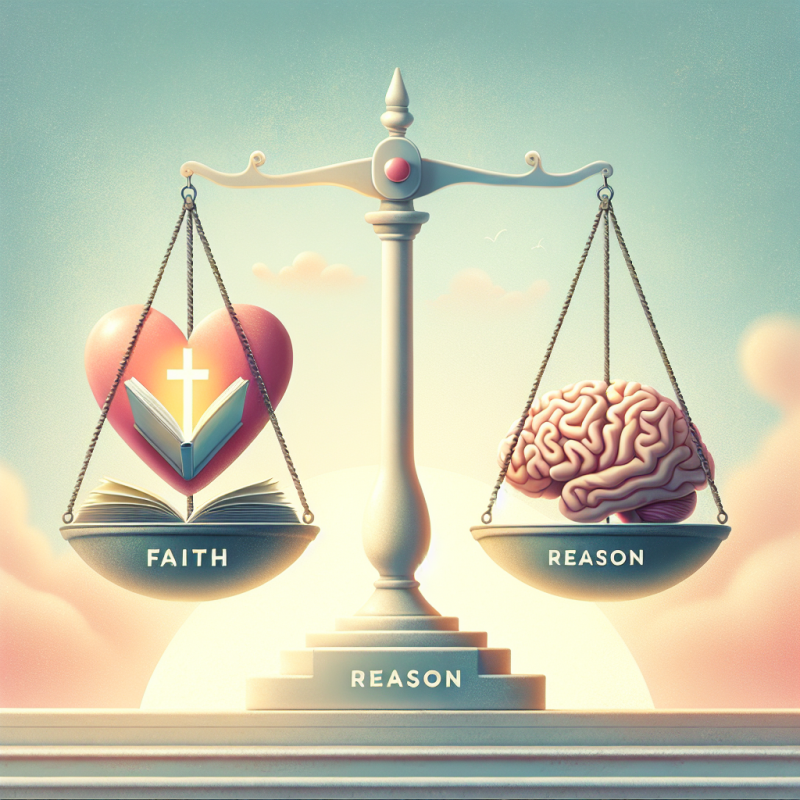
This article eloquently bridges the realms of faith and science, contemplating death and consciousness with clarity. I appreciate the insight about how memory and identity play a role in eternal life, a reminder that our purpose transcends the physical.
This article dives into the profound exploration of how both scientific and Christian perspectives can help us understand Consciousness after death, and how these viewpoints are far more complementary than contradicting. I believe it enriches our spiritual and existential understanding.